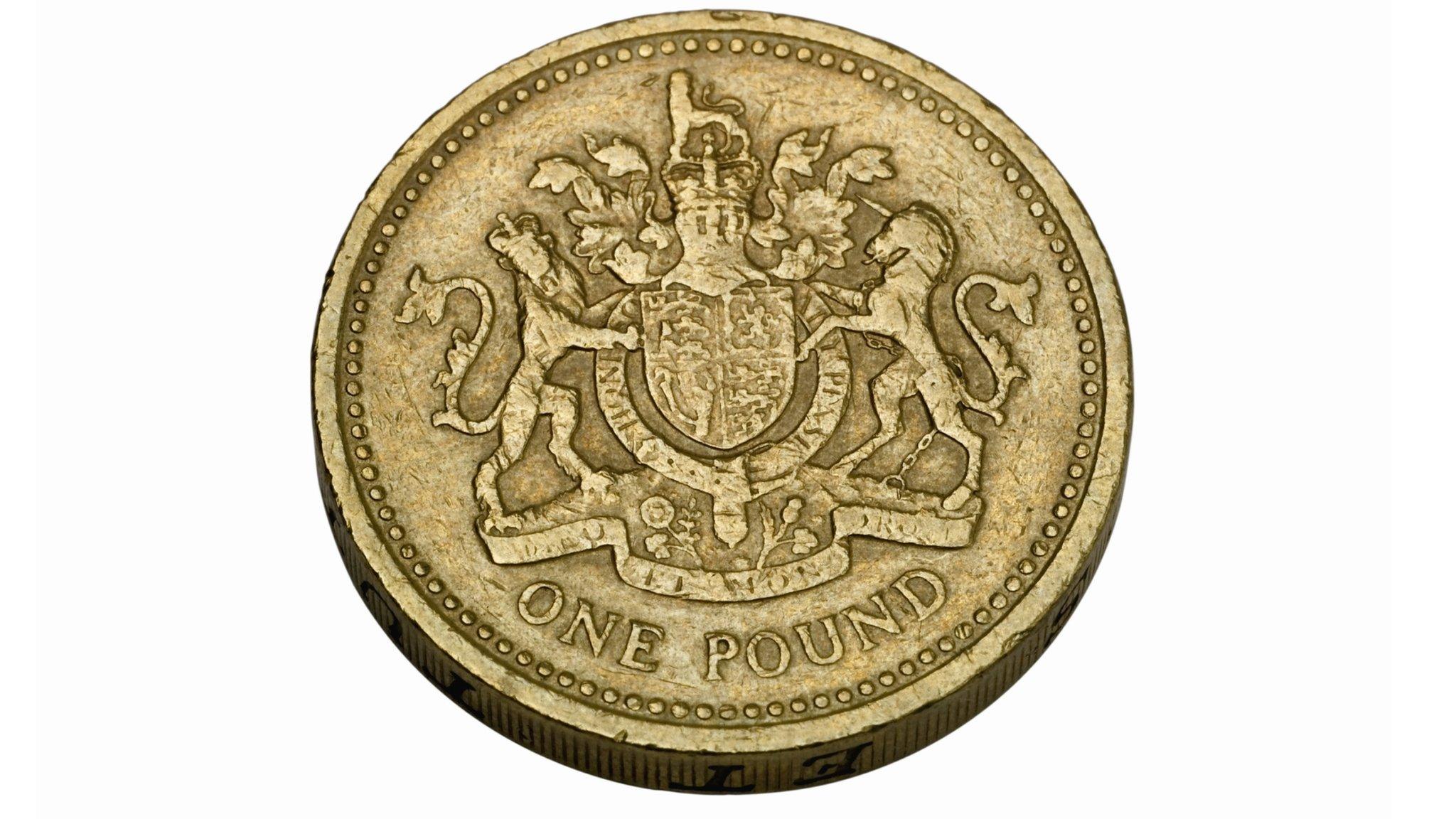Poundland seeks to buy 99p Stores for £55m
- Published
Emma Simpson visited a branch of Poundland to find out what shoppers go there to buy
Budget retailer Poundland has said it wants to buy 99p Stores for £55m, subject to approval by competition authorities.
The two firms have signed a conditional deal for £47.5m in cash and £7.5m in shares.
The sale, should it go through, includes 99p Stores' network of 251 shops, which trade as 99p Stores and Family Bargains.
Discounters in the UK have been taking market share from supermarkets.
Poundland-branded
Over time, 99p Stores will be converted to Poundland shops, a spokeswoman for the firm said. The deal is subject to approval by the Competition and Markets Authority (CMA).
The company floated in March 2014 at 300p per share.
Poundland shares closed 15.4% higher on Friday at 413p, valuing the company at £970m.
Chief executive Jim McCarthy said: "Poundland will improve choice, value and service for 99p Stores' customers, bringing Poundland's proven know-how and range to 99p Stores."
Since 1990, Poundland has opened almost 600 shops in the UK, Ireland and Spain, and plans to open 16 new shops per year for the next two years in the UK and Ireland.
It trades as Poundland in the UK, and Dealz in Ireland and Spain.
Southern expansion
Independent retail analyst Nick Bubb said the deal would ease Poundland's effort to expand in the south of England.
"Having always said that it wasn't interested in buying out its aggressive but smaller rival 99p Stores ... as it came south, Poundland has decided that it is better to deal with the nuisance by pursuing a path of 'consolidation' and buying the company," he said.
Nevertheless, because of the way the chains overlap, Mr Bubb said the CMA could take up to two months to decide whether the takeover should be permitted.
He said Poundland's proposed £7.5m share sale, to fund the "relatively modest" £55m acquisition, will be "up in the air for some time" due to the CMA scrutiny.
In a research note, US bank Citi said 99p stores had sales of £370m in the year to February 2014, but that its underlying profits suggested "very thin" margins compared with Poundland.
In November, Poundland reported a 12% rise in half-year profits to £9.3m.

Analysis
BBC business correspondent Jonty Bloom
Pound shops face a continual struggle to keep prices down, after all, inflation means that a pound doesn't go as far as it did. So how do they do it?
Buying up stock from bankrupt companies was a very successful move during the downturn, but not so easy now. Also they search out products that have been redesigned, are coming to the end of their shelf life, and have been made for different markets where they didn't sell; they are all available at much lower prices.
And there are companies importing and making cheap jewellery, hair accessories, plastic flowers, toys, stationery and a thousand other things, all for under a pound. Many are made in Yiwu, a city in China that specialises in the pound shop market.
Other techniques include, continually reducing the size of products rather than raising the cost, so fewer biscuits in a packet or smaller shampoo bottles.
But the margins are still very tight as highlighted by the savings planned by Poundland, which is buying 99p Stores. Handing out all those 1p pieces will end and of course prices will rise by a penny.

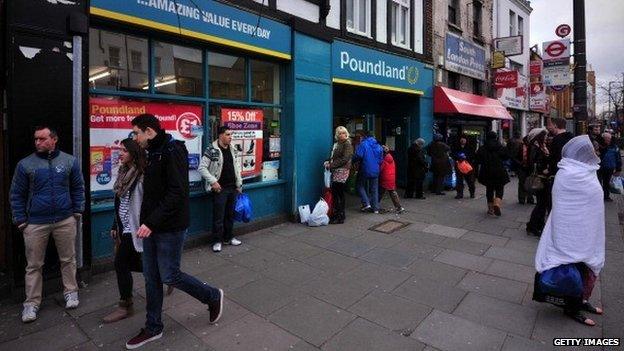
Pound-shop boom
According to the Fung Business Intelligence Centre (FBIC, external), pound shops have boomed in the UK, mirroring the rise of discounters such as Aldi and Lidl.
"The low-price, no-frills formula has found particular resonance in Britain's era of sluggish economic growth," said FBIC head of global retail and technology Deborah Weinswig.
Nina Rahmatallah, of marketing consultants Added Value, said that "consumer behaviours adopted during the downturn, such as shopping for cheap items at stores like Poundland, have stuck".
She said Poundland faced a challenge in "ensuring customers continue to shop there as the economy grows ever stronger".
- Published6 February 2015
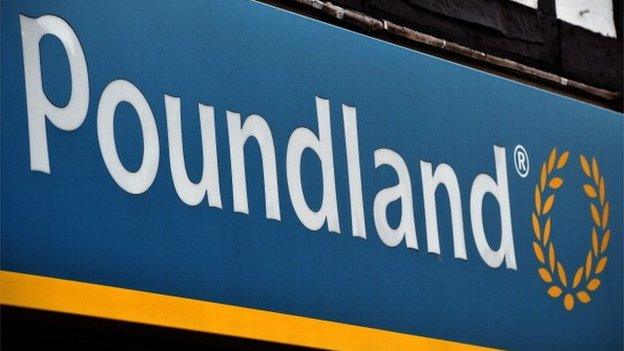
- Published6 November 2014
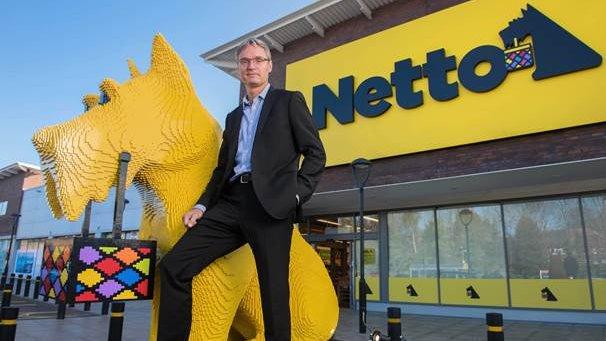
- Published29 September 2014
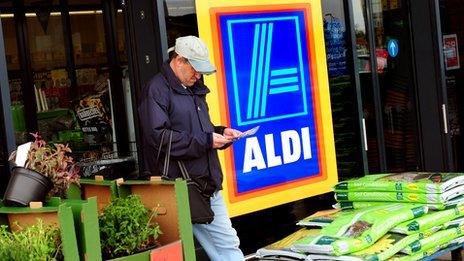
- Published29 July 2014
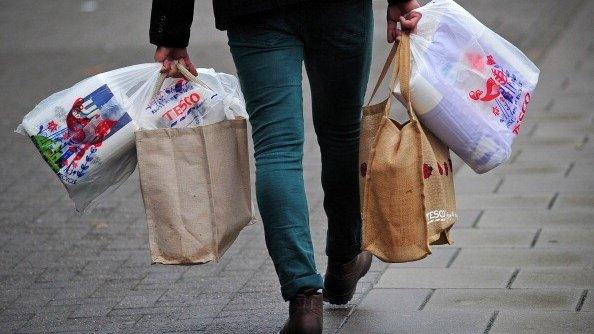
- Published11 December 2012
